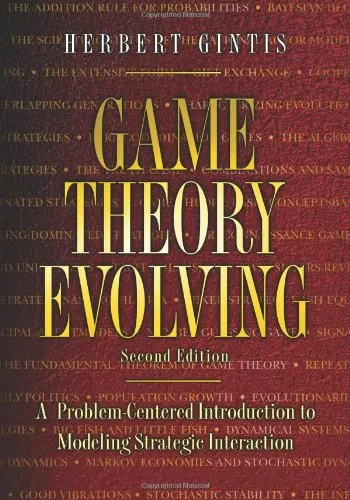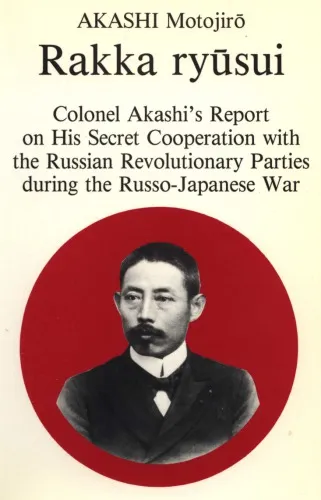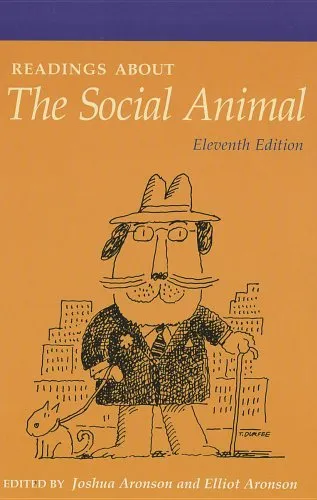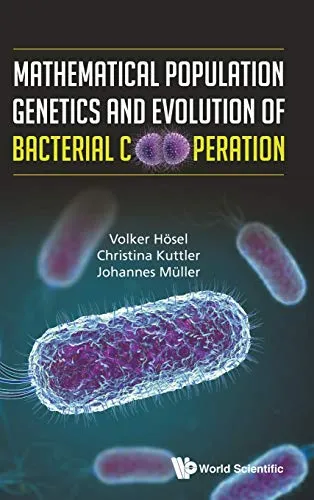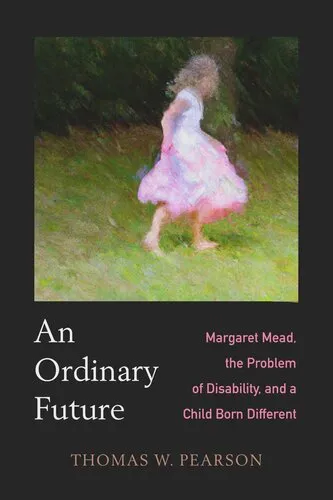In the Light of Evolution V: Cooperation and Conflict issue Proceedings of the National Academy of Sciebces of
4.5
Reviews from our users

You Can Ask your questions from this book's AI after Login
Each download or ask from book AI costs 2 points. To earn more free points, please visit the Points Guide Page and complete some valuable actions.Related Refrences:
Introduction to "In the Light of Evolution V: Cooperation and Conflict"
The study of evolution offers profound insights into the fabric of life, particularly into the balancing game between cooperation and conflict. These dynamics are central to understanding how diverse biological systems—from microbial communities to complex human societies—have evolved. "In the Light of Evolution V: Cooperation and Conflict" takes a deep dive into these themes, offering a synthesis of foundational concepts in evolutionary biology while addressing the nuances of cooperative behavior and the causes of conflict across different species and systems.
Published as part of the ongoing series In the Light of Evolution and presented by the prestigious Proceedings of the National Academy of Sciences (PNAS), this volume draws together the expertise of leading scientists across a wide range of disciplines. Edited by renowned scholars Joan E. Strassmann, David C. Queller, John C. Avise, and Francisco J. Ayala, the book serves as both a foundational text for researchers in evolutionary biology and an accessible exploration for readers drawn to the intricacies of cooperation and conflict in nature.
Detailed Summary of the Book
At its core, this book examines the tension between two seemingly opposing forces that shape life on Earth: cooperation and conflict. These forces are not merely abstract concepts; they are fundamental processes that influence the evolution of everything, from the simplest single-celled organisms to highly complex human societies. Through a series of insightful essays, the book unpacks key questions: How and why does cooperation evolve? Why is conflict, despite its apparent destructiveness, constantly present in natural systems? Can cooperative behaviors destabilize, leading to conflict, and vice versa?
The text is organized around three main axes: the biological basis of cooperation and conflict, the manifestation of these processes in living organisms, and the broader implications of these dynamics for human societies and global challenges. Highlights include discussions on microbial cooperation, evolutionary game theory, social insect behavior, and human altruism. By weaving together evidence from genetics, behavior, and social organization, the contributors demonstrate how natural selection has favored cooperative strategies while simultaneously maintaining competition as an equally important evolutionary driver.
Key Takeaways
- Cooperation and conflict are not mutually exclusive; both are intrinsic to evolution and often operate simultaneously.
- Some of the most successful examples of life on Earth—such as social insect colonies—are founded on intricate cooperative frameworks, but these frameworks often mask underlying conflicts.
- Human societies represent a unique case of cooperation and conflict, shaped by cultural evolution as well as biological evolution.
- Evolutionary game theory provides a meaningful model for understanding the strategies organisms employ when faced with decisions involving cooperation or conflict.
- Microbial systems offer surprising insights into how cooperation and competition play out on a cellular level, giving clues about the origin of multicellularity.
Famous Quotes from the Book
"The evolution of cooperation is one of the most remarkable phenomena in the natural world, defying the seemingly self-interested nature of Darwinian selection."
"Conflict is the shadow dancer to cooperation—a constant companion that ensures equilibrium in nature."
"In the grand scheme of life, the tension between cooperation and conflict is not a binary choice but a symphony of interactions that drives innovation, adaptation, and survival."
Why This Book Matters
This book is an essential read for anyone seeking to comprehend the complexities of evolution and its implications for the natural world. By delving into the intricate balance between cooperation and conflict, it illuminates patterns that are not only critical to biology but also deeply resonate with human challenges. From the dynamics of social relationships to the functioning of ecosystems, these themes have relevance far beyond the scientific community.
Furthermore, as the world grapples with issues such as climate change, resource scarcity, and political discord, understanding the principles of cooperation and conflict becomes increasingly important. This volume equips readers with the conceptual tools to appreciate how these dynamics may inform solutions to global problems.
Finally, the book contributes significantly to discussions at the intersection of biology, philosophy, and ethics. It challenges traditional views of individualism, offering a more nuanced perspective of interdependence, mutual benefit, and the inevitability of competition. Whether you are a scientist, philosopher, policy-maker, or simply a curious reader, "In the Light of Evolution V: Cooperation and Conflict" will undoubtedly deepen your understanding of life's fundamental processes.
Free Direct Download
You Can Download this book after Login
Accessing books through legal platforms and public libraries not only supports the rights of authors and publishers but also contributes to the sustainability of reading culture. Before downloading, please take a moment to consider these options.
Find this book on other platforms:
WorldCat helps you find books in libraries worldwide.
See ratings, reviews, and discussions on Goodreads.
Find and buy rare or used books on AbeBooks.
1266
بازدید4.5
امتیاز0
نظر98%
رضایتReviews:
4.5
Based on 0 users review
Questions & Answers
Ask questions about this book or help others by answering
No questions yet. Be the first to ask!





